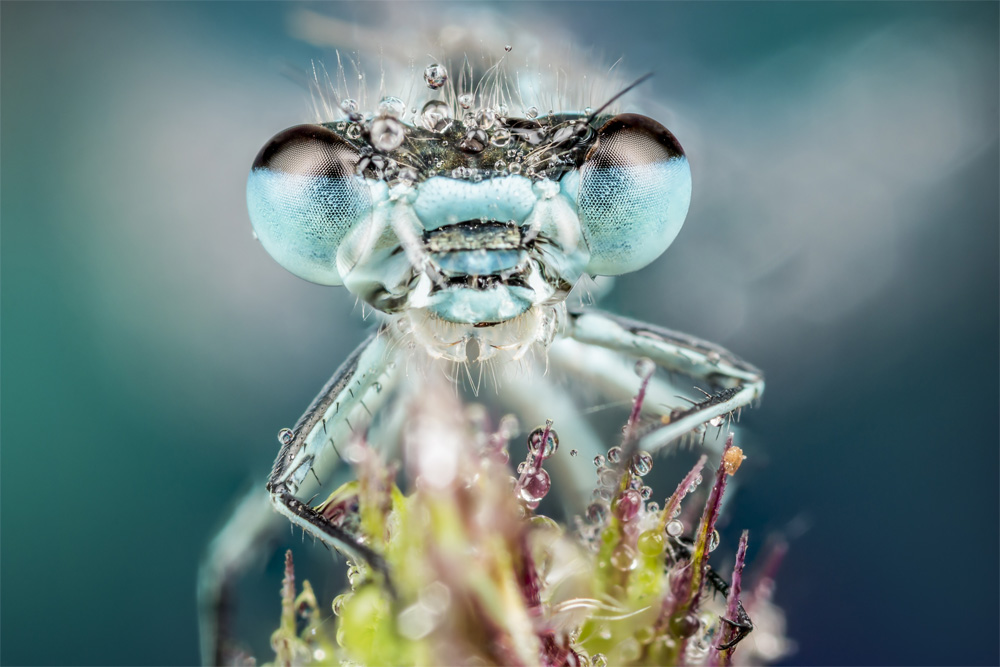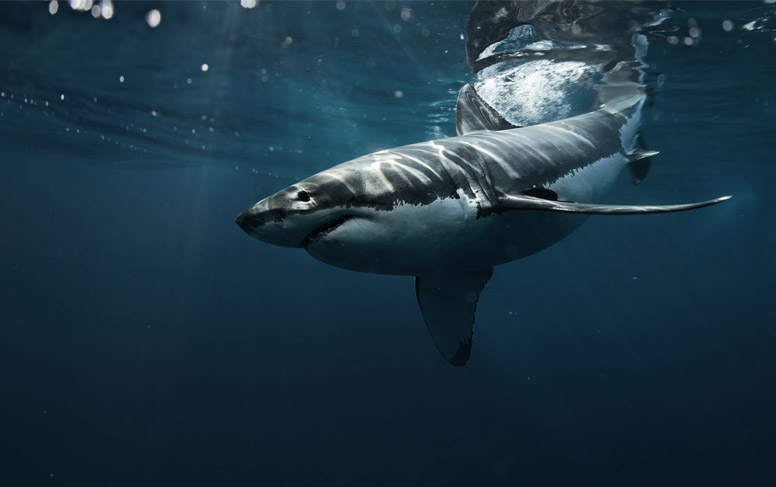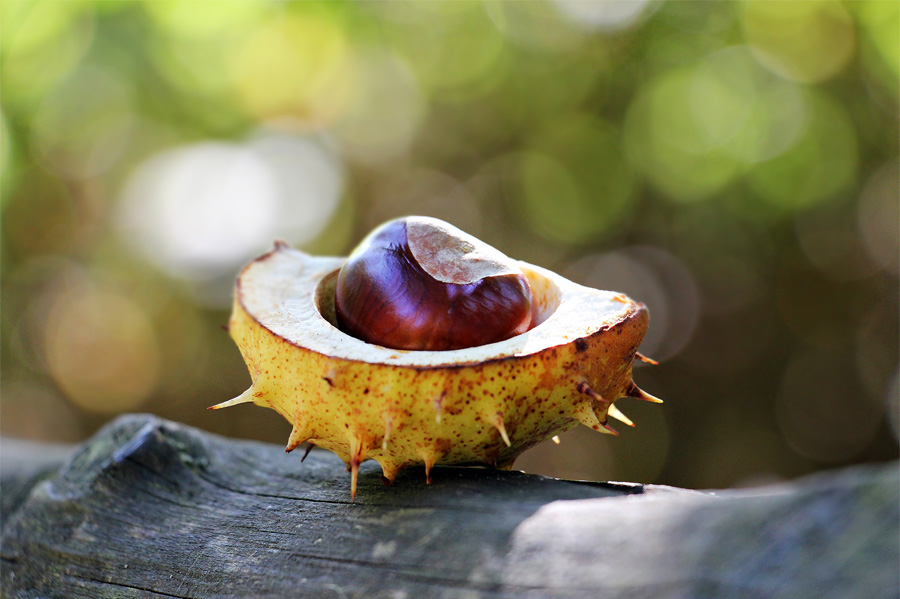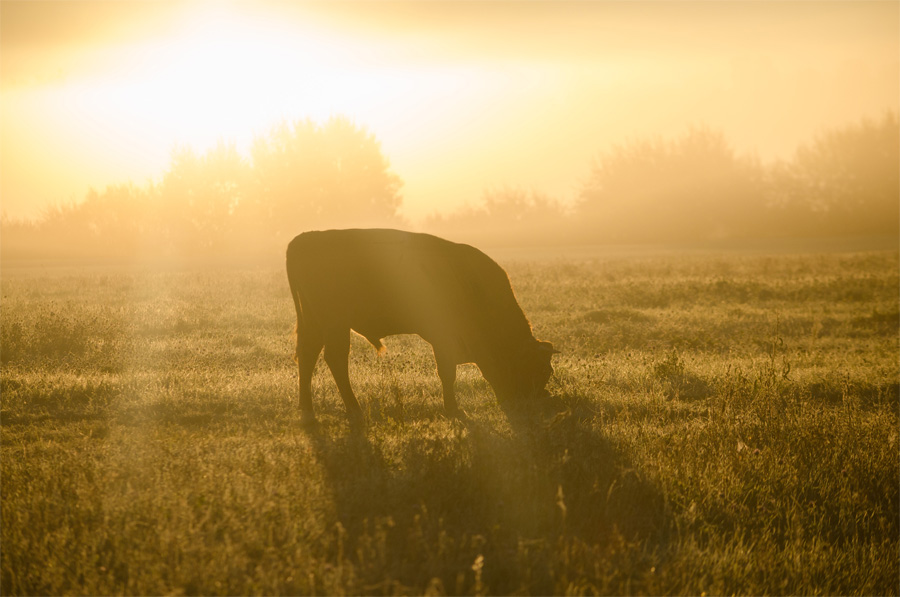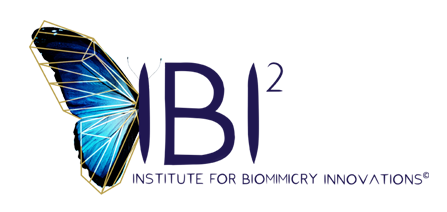Limburgs leer
Leolux werkt samen met IBI² en lokale bedrijven aan een ecologisch leer wat afbreekbaar en traceerbaar is. Om tot een duurzaam product te komen, kijken we naar de principes van de Blauwe Economie.
Intro
Corus leather comes from a Limburg Limousin cow. Their hides are locally processed, in a unique processing chain, which results in beautiful natural leather. Produced with probiotics, it is using less water and energy than "normal" furniture leather. In addition, it is fully degradable and traceable to the pasture where the animal has grazed.
In bold development processes challenges are inevitable. While searching for suppliers, we began exploring our own city, Venlo. Obviously, resources here were concise. Subsequentlly we tried to keep the chain as local as possible. The biggest distance between Leolux and a supplier was 125 km. (Leolux).
Klant
Leolux
COLLABORATIONS
Limousin regionaal, Tomassen Vlees, Rompa Tanneries, provincie Limburg en Arvalis
Onze rol
Research & Ketens
Goal
Collaborations
Chains
We gain a great deal with this leather. Normally a hide travels around two thousand kilometers from the pasture to the Leolux factory. The transporting distance for our own leather decreased a lot. No less than 75%! From the Limburg meadow, to the leather processors and finally to Leolux: the whole journey is no more than five hundred kilometers. (Leolux).
100% locally
The armchair Hilco (in full Hilco Prime) is local to the core. Designer Patrick Belli hails from the south of the province, product development took place at Leolux in Venlo, as did all production. The high-quality raw materials all come from the region.
Corus leather comes from a Limburg Limousin cow. Their hides are processed on site, in a unique processing chain, resulting in beautiful natural leather. Produced with probiotics, it uses less water and energy than "ordinary" furniture leather. Moreover, it is fully degradable and traceable to the pasture where the animal has grazed. (Leolux).
The Blue Economy and circular processes
In the Blue Economy the only way of working is to use what is locally available. In this new chain, transport is reduced and leather is purchased locally.
The skins were previously sold along as a waste product. Because they have gained more added value in the new chain, with the Blue Economy they are viewed as a residual product. As a result, the skins have become a clear source for a product.
Op het gebied van duurzaamheid laat Leolux zich inspireren door de Blue Economy. Deze theorie reikt verder dan milieu alleen, en betrekt er ook de regionale economie bij. Leolux maakt daarbij gebruik van de expertise van IBI², tevens mede-initiatiefnemer van het programma om lokaal leer te produceren. Met de productie van het lokale leer maakt Leolux flinke stappen: de huiden leggen driekwart minder kilometers af, wat scheelt in de uitstoot van fijnstof en CO2 door vrachtwagens, de economie in de regio wordt gestimuleerd (veehouders, looierijen, leveranciers) en ook de productie is schoner, want in het meest vervuilende deel van het proces (het nathuis / beamhouse) wordt 15% bespaard op water en energie door de toepassing van probiotics.
More projects
